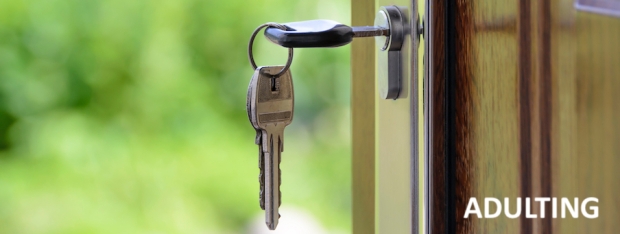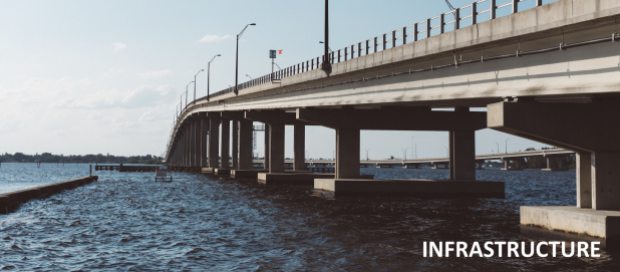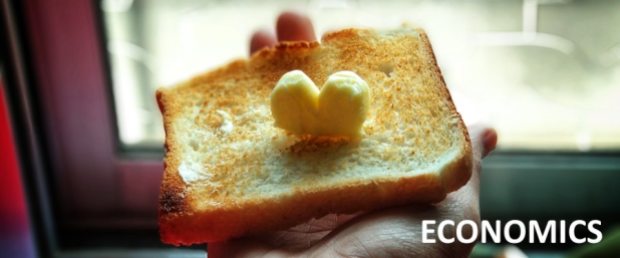
For first time in history but it’s already been a while, the world collectively seem to have abundance. The total amount of food produced could feed the entire world one and a half times over. If energy is used efficiently and excesses trimmed, the entire world should have decent amount of power to live normal modern lives. Of course that depends on what you mean by normal but I’m covering the same point that there’s enough in the world but the problem is distribution.
And distribution is not just a physical problem of course. Distribution can be an economic problem in itself. The fact that the market doesn’t really care that much about the distribution of resources, buying power / puchasing power is actually a problem. It skews the global economy towards what the people with means needs rather than producing for the best outcomes of the world. And this is perhaps why energy continues to be skewed towards the developed, high energy consumption countries or markets.
So making a contribution to this world isn’t really about production. If the world continues in the same fashion tomorrow, you can really make a greater impact on someone’s life – from an incremental perspective – by improving the distribution in the system. By bringing access to higher quality energy, better nutrition, bringing critical and vital knowledge to the communities which can use them properly. That sort of contribution is of unparalleled value. Probably not the kind of contribution involving helping companies break into new markets or keeping fossil fuel businesses alive to emit more carbon.








